For more information:
Email UsWe all are impacted by, and reap the benefits of, medical research discoveries. From over-the-counter drugs, to healthcare policies and educational interventions, many of these advancements are a result of incredible feats, decades of work, and sometimes serendipitous events. Join us as we sit down with Harvard researchers to discuss these captivating behind-the-scenes stories of research.
September 29, 2021
Special ThinkResearch Podcast Series: Translational Innovator
In this upcoming three-episode series, recipients of Harvard Catalyst pilot awards reflect on how the funding they received has impacted their research and careers. This introductory episode features Hardeep Ranu, PhD, project manager of our Translational Innovator program, who discusses the content of this special podcast series.
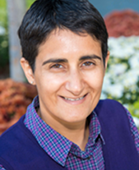
Hardeep Ranu, PhD, is a project manager for Translational Innovator and is responsible for managing a diverse set of clinical and translational research project teams. Ranu joined Harvard Catalyst from Harvard T.H. Chan School of Public Health, where she managed the TaqMan genotyping core for 13 years. As the genotyping project manager, Ranu worked with faculty of Harvard Medical School, Chan School of Public Health, Harvard Medical School affiliated hospitals, and external institutions to design and develop genotyping projects. Her role as genotyping project manager involved coordinating with two funding entities, the Dana-Farber/Harvard Cancer Center (DF/HCC) and Partners Healthcare|Personalized Medicine as well as working with senior management and faculty from DF/HCC to write and prepare reports for DF/HCC submissions and renewals.
September 8, 2021
Making Archives Accessible with Deep Learning
Melissa Dell, PhD, professor of economics at Harvard University, discusses developing technology that can detect complex text layouts using deep learning to create a database of newspaper data that is accessible to the visually impaired.
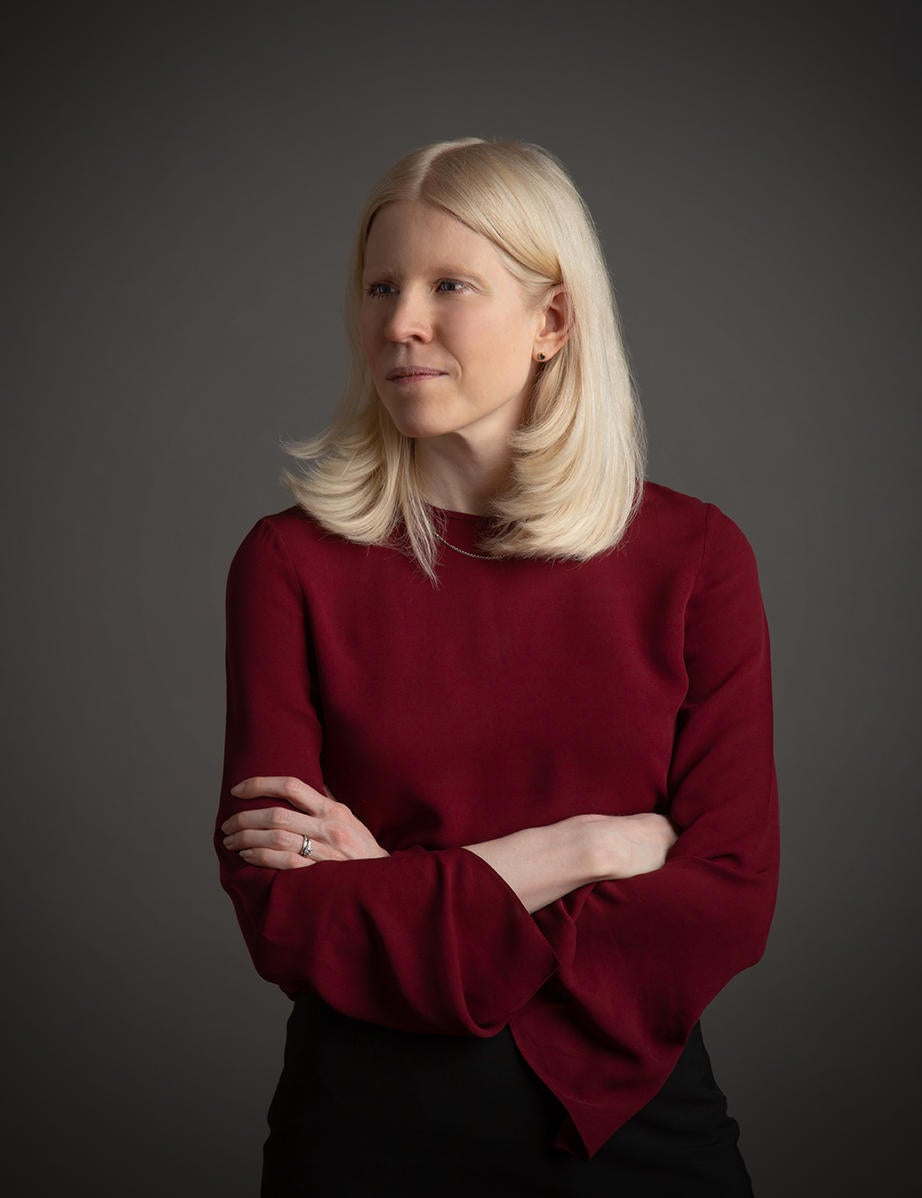
Melissa Dell, PhD, is the Andrew E. Furer Professor of Economics at Harvard University. She is also a senior scholar at the Harvard Academy for Area and International Studies and a research associate at the National Bureau of Economic Research. Her research focuses on economic growth and political economy. She has examined the factors leading to the persistence of poverty and prosperity in the long run, the effects of trade-induced job loss on crime, the impacts of U.S. foreign intervention, and the effects of weather on economic growth. She has also developed deep learning powered methods for curating social science data at scale, released in the open-source package Layout Parser. This work supports many of her current projects, which rely on digitizing historical sources too large for manual digitization. She received an AB in economics from Harvard, an MPhil in economics from Oxford University, and a PhD in economics from MIT.
August 25, 2021
The MIND Project
“The mission of The MIND Project is to tackle the challenges of psychiatric and neurodevelopmental disorders,” says Walid Yassine, DMSc, MMSc, founder of the project and fellow at McLean Hospital. As part of the Harvard Brain Science Initiative (HBI), this working group of postdocs collaborate across Harvard University and its affiliated academic healthcare centers.
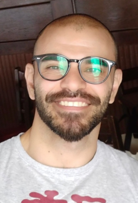
Walid Yassine, DMSc, MMSc, is a research fellow at the Laboratory of Behavioral Neuroimaging at McLean Hospital and a research fellow in psychiatry at Harvard Medical School. His research focuses on several neuropsychiatric and neurodevelopmental disorders. Yassine uses different approaches including imaging, behavioral assessment, and artificial intelligence to better understand the brain. His ultimate goal is to be able to assess risk factors, discover objective biomarkers, elucidate disorder spectrum and symptom overlap, and provide targeted therapeutic interventions in various disorders of the mind. Currently, he is focusing on better understanding the different effects of drugs on the brain.
August 11, 2021
Making an Impact on COVID-19 Vaccination Efforts
This special podcast will focus on a partnership to successfully deliver community testing and vaccination for marginalized communities in Massachusetts most impacted by COVID-19. Guests: Gina Kruse, MD, program faculty for our Community Engagement program, speaks with Eddie Taborda, MS, senior clinical research coordinator at Mass General Hospital, Rosa Torres, patient service coordinator at Mass General Hospital – Everett, and Daniel Cortez, community engagement specialist for the Chelsea Police Department.
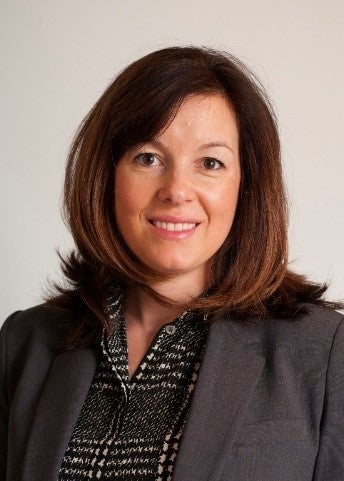
Gina Rae Kruse, MD, MPH, is an assistant professor in medicine at Massachusetts General Hospital (MGH) in the Division of General Internal Medicine and director of the Implementation Lab in Harvard’s Implementation Science Center for Cancer Control Equity. She is also an implementation director for a Rapid Acceleration of Diagnostics in Underserved Populations (RADx-UP) NIH supplement. Through community partnerships, RADx-UP studies the expansion of SARS-CoV-2 testing in underserved populations in Massachusetts. Kruse earned her MD from Baylor College of Medicine and completed her residency in internal medicine and primary care at MGH. She completed a general medicine fellowship at Harvard Medical School and a postdoc fellowship in cancer prevention from the Department of Social and Behavioral Science at the Harvard T.H. Chan School of Public Health.
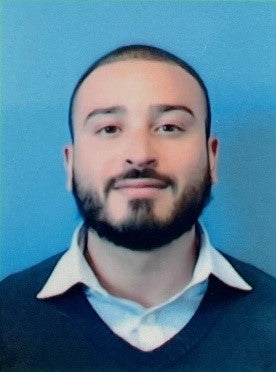
Eddie Taborda, MS, is a senior clinical research coordinator for the Kraft Center’s Implementation Laboratory (I-Lab) within the Implementation Science Center for Cancer Control Equity. He is also the operations manager for Massachusetts General Hospital mobile efforts focused on the initiative Rapid Acceleration of Diagnostics in Underserved Populations (RADx-UP), and COVID-19 vaccine coordinator for Mass General Brigham mobile vaccine operations. Taborda graduated from Northeastern University with a MS in exercise science.
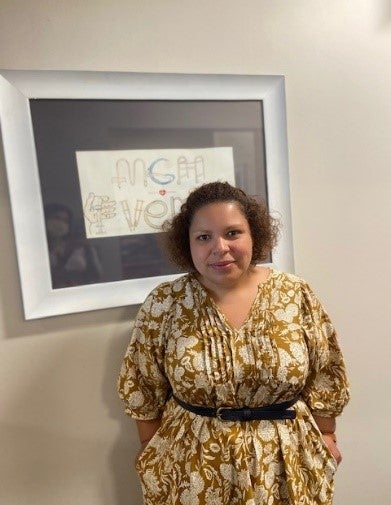
Rosa Torres is a patient care coordinator at Massachusetts General Hospital’s Everett Family Care. She has a lifelong passion for community service, and during the pandemic was able to work in community outreach and expand into leadership roles.
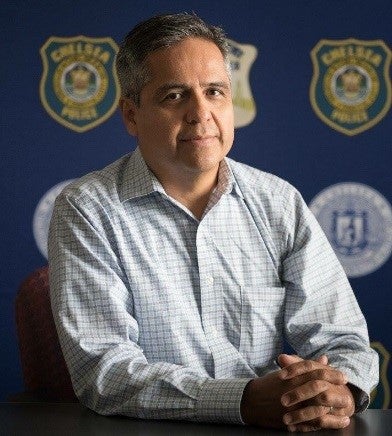
Daniel Cortez is the community engagement specialist for the Chelsea Police Department in Chelsea, Massachusetts. He works closely with residents, community leaders, elected officials, business owners, and community-based organizations, along with police to create meaningful relationships and partnerships aimed at improving the safety and wellbeing of the community. Previously, Cortez worked as manager of community-based initiatives on substance use disorders for Massachusetts General Hospital’s Chelsea Health Center, where he guided a group of community leaders in a comprehensive, city-wide plan aimed at reducing substance use disorders. These efforts led to increased awareness of the issue and improved access to care in Chelsea.
July 28, 2021
Brain Stimulation for Cognitive Response Therapy
Ishita Basu, PhD, assistant professor at the University of Cincinnati Department of Neurosurgery, discusses her research investigating deep brain stimulation as a promising treatment for psychiatric disorders and other conditions.
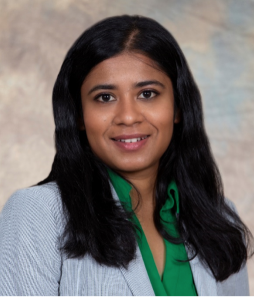
Ishita Basu, PhD, assistant professor, University of Cincinnati neurosurgery department, is a neural engineer with more than a decade of experience in brain signal analysis and modeling. Her research uses techniques from engineering and computational neuroscience to design innovative treatment paradigms for major neurological and psychiatric disorders. Originally from the east coast of India, Basu received her PhD from the University of Illinois in Chicago. She went on to complete postdoctoral fellowships at Johns Hopkins University and Massachusetts General Hospital. Her future vison is to integrate a diverse group of biomedical engineers, neuroscientists, psychiatrists, and medical students to advance the field of neural engineering and neuromodulation in mental disorders.
July 14, 2021
Methodologies of Continuing Education
Subha Ramani, MBBS, MPH, PhD, of Brigham and Women’s Hospital and Harvard Medical School, discusses her research on how feedback can be used to improve medical education.
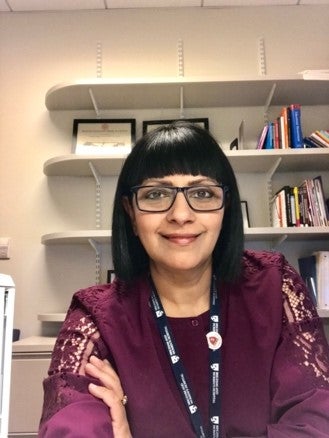
Subha Ramani, MBBS, MPH, MMed, PhD, FAMEE, is a general internist at Brigham and Women’s Hospital, associate professor of medicine at Harvard Medical School and adjunct associate professor at Massachusetts General Hospital Institute for Health Professions. At Brigham and Women’s Hospital, she serves as director of a program for research, innovations, and scholarship for the Department of Medicine, director of the scholars in medical education pathway for the Internal Medicine Residency program, and lead for global perspectives and community for the Brigham Education Institute.
Dr. Ramani graduated with an MBBS degree from University of Madras, India, and received master’s degrees in medical education from the University of Dundee, Scotland, and in public health from the Boston University School of Public Health. She received her PhD in health professions education from Maastricht University, Netherlands.
June 23, 2021
Homeless Youth Social Networks and HIV Prevention Education
“One way to unlock the potential of AI is to enable AI researchers to find the problems where they could have an impact,” says Milind Tambe, PhD, Harvard University. Tambe discusses his work using artificial intelligence (AI) for social good, including his past research using AI to promote HIV prevention among homeless youth.
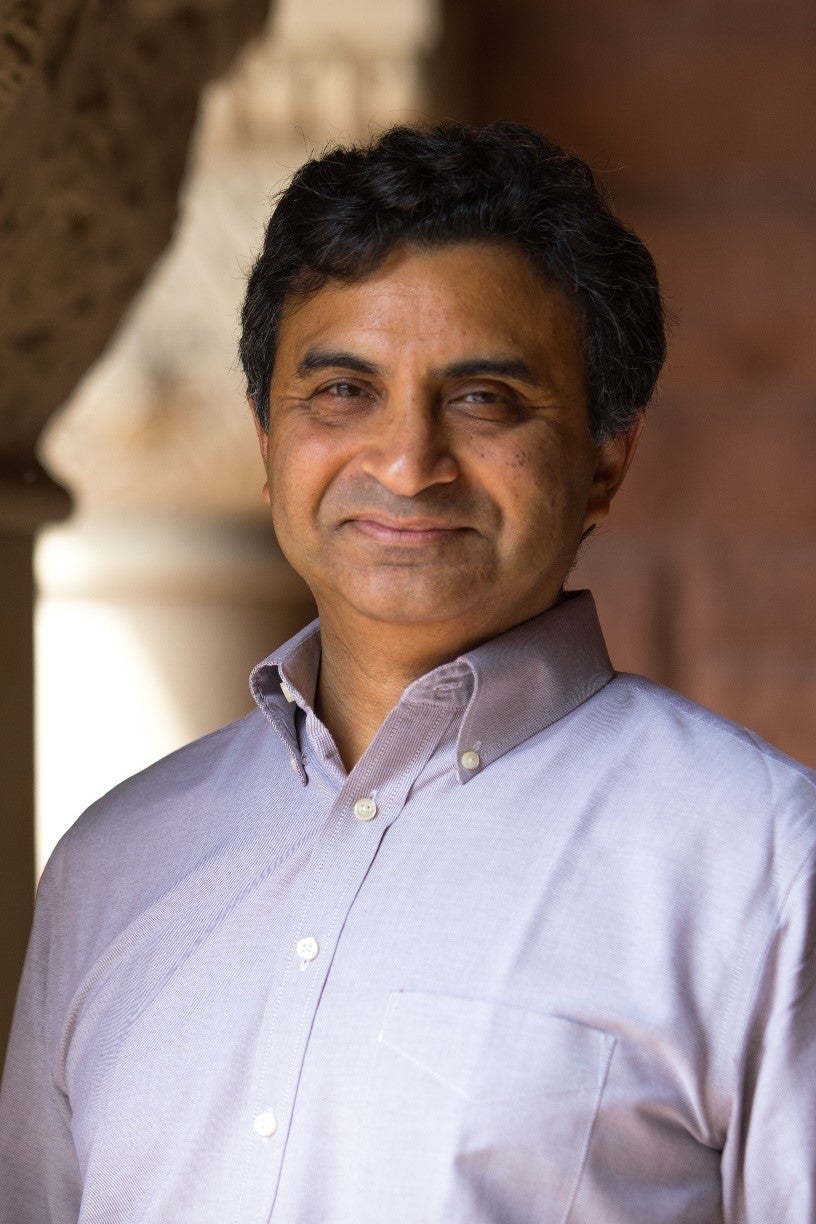
Milind Tambe, PhD, is Gordon McKay Professor of Computer Science and director of the Center for Research in Computation and Society at Harvard University. He is also director of “AI for Social Good” at Google Research India. Tambe is a fellow at the Association for the Advancement of Artificial Intelligence (AAAI) and the Association for Computing Machinery (ACM). He is a recipient of the International Joint Conferences on Artificial Intelligence (IJCAI) John McCarthy Award, the Columbus Fellowship Foundation Homeland Security Award, the ACM/SIGAI Autonomous Agents Research Award from the American Association of Medical Audit Specialist (AAMAS), and AAAI Robert S Engelmore Memorial Lecture Award. Additionally, he has received the Institute for Operations Research and the Management Sciences (INFORMS) Wagner Prize, and the Rist Prize of the Military Operations Research Society.
June 9, 2021
Healthcare Delivery in South Africa
Mark Siedner, MD, Division of Infectious Diseases at MGH, discusses his research in Uganda and South Africa working to improve health and quality of life for those living with HIV.

Mark Siedner, MD, is an associate professor of medicine at Harvard Medical School (HMS) and principal investigator of multiple NIH R01 grants focused on improving HIV care delivery for people living with HIV in sub-Saharan Africa. These projects include clinical trials, implementation science, and translation research designs. He is also engaged in collaborative research programs in Mbarara, Uganda and KwaZulu-Natal, South Africa. Siedner serves as a research mentor to more than a dozen junior scientists on both sides of the Atlantic Ocean, and has been recognized for this work with the HMS Young Mentor Award.

